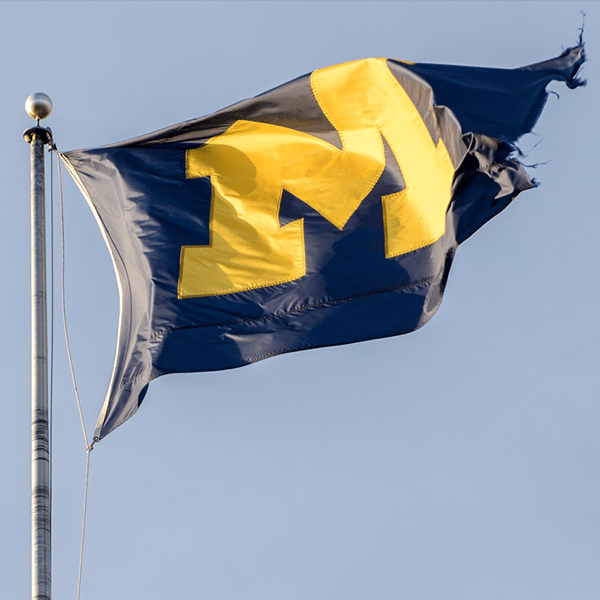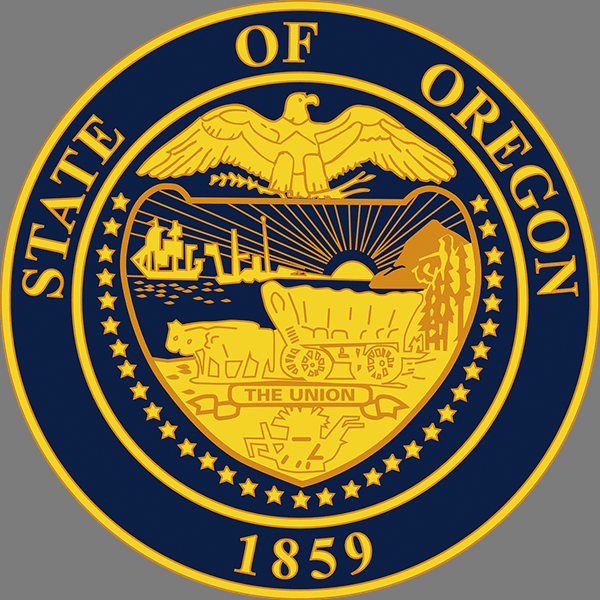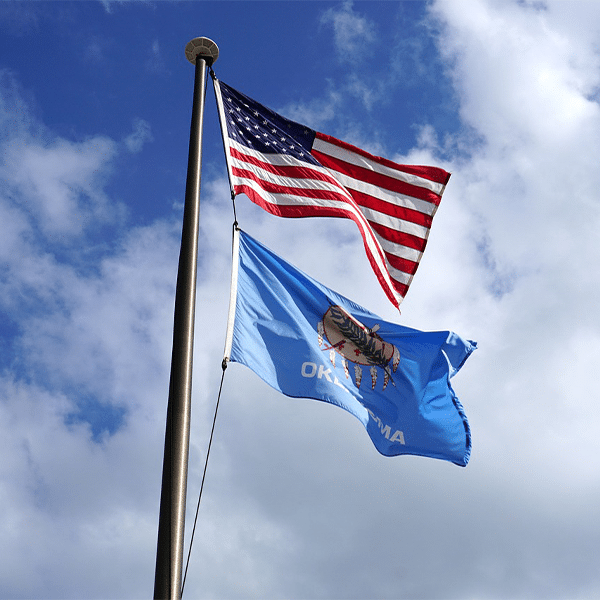The National Telecommunications and Information Administration (NTIA) has approved a scoring update for the Michigan Broadband Equity, Access, and Deployment (BEAD) Program process, according to the Michigan High Speed Internet Office (MIHI).
The lowest minimum passing score requirement is 25% of total points across all scoring criteria. There is no longer is a requirement for a specific number of points in a particular section.
Michigan is set to receive $1.559 million in BEAD funding.
NTIA has approved clarifications MIHI has published:
- Corrections of a phrasing error in the “Michigan BEAD Deployment Project Scoring – Other Last-Mile Projects” section related to the Michigan Business scoring criteria.
- Confirmation that, if a Round 2 application period is required after Round 1 and post-Round 1 negotiations are complete, then a preregistration window will be available specifically before Round 2 and that all types of technologies including alternative technologies will be eligible for submission in an application to Round 2.
- Clearer description of the scoring increments for the total project costs criteria. The tables published on the Michigan Broadband Map and listed in the downloads available on the Michigan BEAD locations page have reflected these throughout the Project Application Window.
MIHI has released three additional BEAD location resources:
- There is a new spreadsheet regarding total unserved, underserved and community anchor locations within each Michigan BEAD hexbin.
- Additionally, there is now a resource for determining which BEAD hexbins do not have 4G mobile coverage.
- A spreadsheet listing the total project cost scoring increments for each hexbin has also been posted.
An interesting twist in the Michigan BEAD approach is that providers can get extra points for “scalability and resiliency.” This includes things such as network or power source redundancies, use of XGS-PON or 10 Gbps fiber broadband, a commitment to retrofitting or hardening existing infrastructure, plans for mobile coverage to locations currently lacking 4G, and a commitment to burying at least 75% of fiber cables.
Additional information about Michigan broadband, including links to state funding resources, BEAD news, state-specific Telecompetitor coverage, awards made, and more, can be found on the Telecompetitor Broadband Nation webpage for the state.



